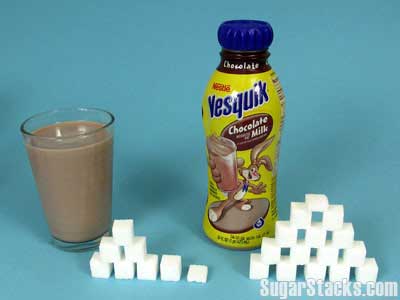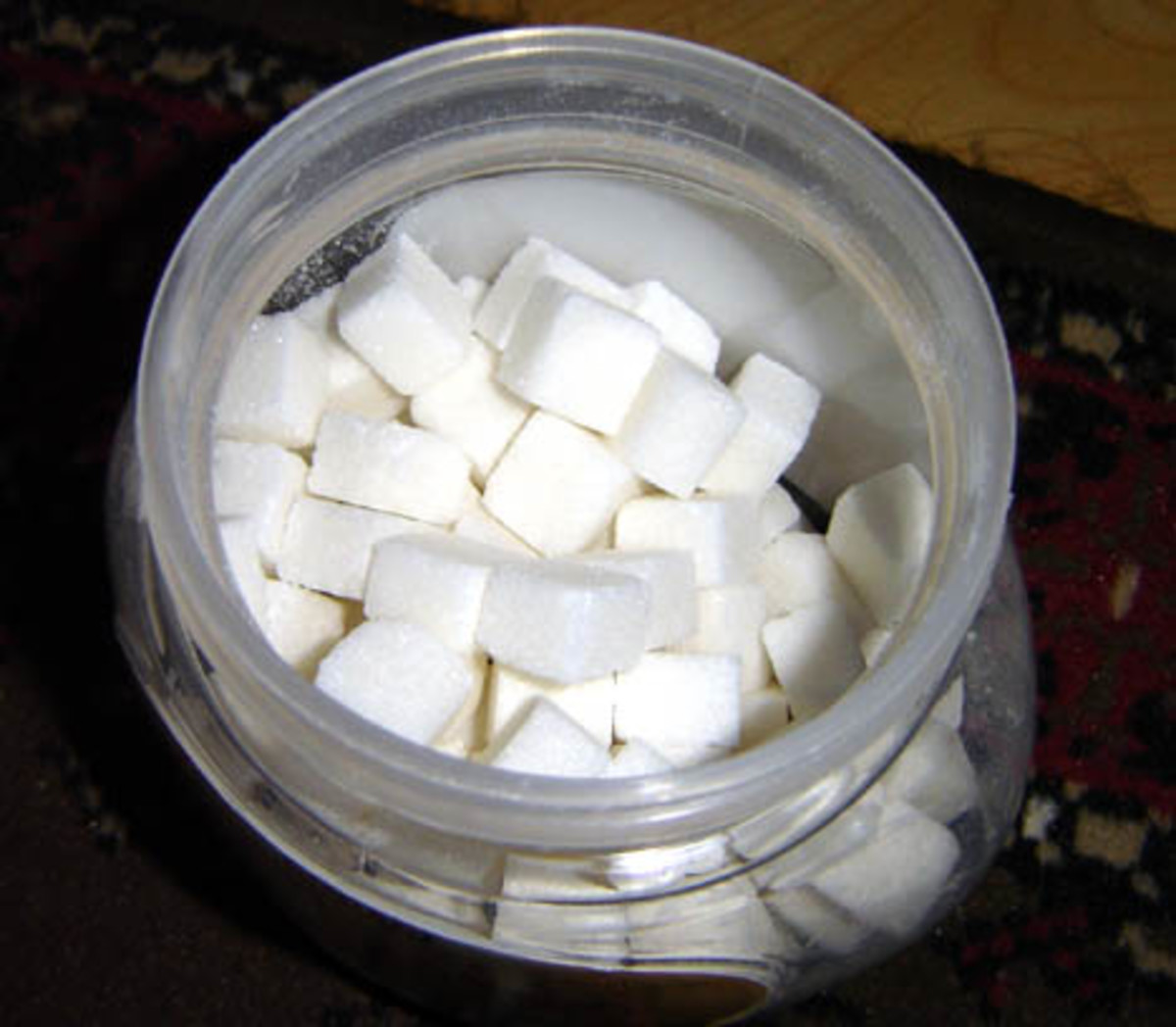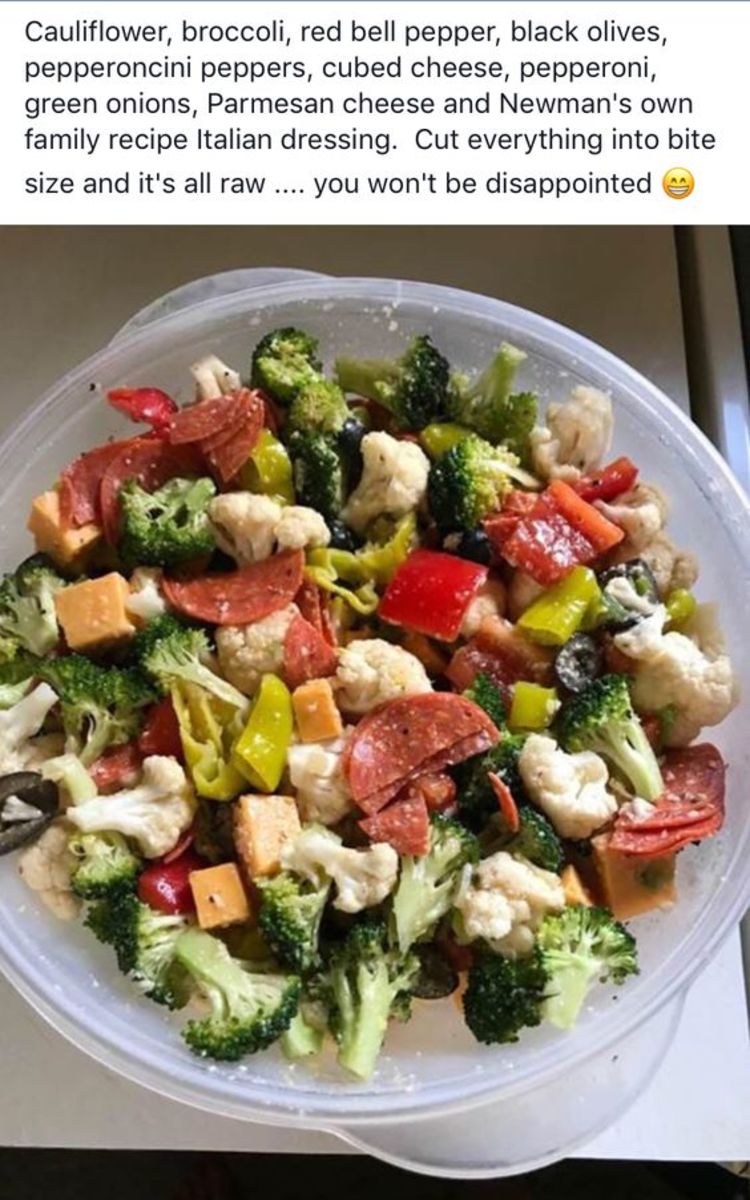Are you addicted to sugar?





Is there such a thing as sugar addiction?
Some people
swear they are addicted to sugar. But, there is a lot of controversy
over whether sugar craving is just that; a craving, a habit, or an
addiction. The FDA says that, in order for a substance to be an
addiction, it must cause a craving, be hazardous to your well being,
and even knowing that, you still use it. According to Allen
Levine,PhD, if you adhere to this definition, then foods; such as
sugary and fatty ones, could cause addiction.
On the other hand, many experts in the field say, it's more likely that sweet cravings are a potent combination of of nostalgia (grandma's chocolate chip cookies), habit (always having dessert after a meal) and chemical attraction (the post sugar rush caused by a spike in blood sugar and the release of feel-good hormones like serotonin in your brain.)
Research
For some people, giving up sugar has the same cognitive and behavior modification skills needed to stop smoking and drinking. Many studies have been done in this area, mostly on rats. Research has revealed that rats have the same withdrawal symptoms, including shaking and teeth chattering that people do. Jan Ulbrecht, professor at the College of Health and Human Development concluded that "...the human body does not become physically dependent on sugar the way it does on opiates like morphine and heroin; ...therefore, it is not addictive."
And, Cynthia Bartok, director of Center for Childhood Obesity at Penn State, states that "Despite the anecdotal reports of people who claim to be addicted to sugar, and seemingly endless websites devoted to sugar addiction, modern science has not yet validated that idea."
However, "...other results from studies conducted on lab rats are pretty eye-opening", says Professor Bart Hoebel, a scientist at Princeton University, who observed in rats patterns of increased sugar intake, withdrawal, and relapse — all typical characteristics of addiction. Rats who were deprived of sugar for periods of time seemed even more anxious to consume it when it was reintroduced.
Hoebel has shown that rats eating large amounts of sugar when hungry, a
phenomenon he describes as sugar-binging, undergo neurochemical changes
in the brain that appear to mimic those produced by substances of
abuse, including cocaine, morphine and nicotine. His conclusion is that sugar is, indeed, addictive.
Whether or not sugar is an addiction, a habit, or a craving are questions that are still in the hands of the researchers. Studies continue to be conducted, and maybe some day they will have a definitive answer. Nevertheless, we think of sugar as food, and don't usually believe it is harmful. But, we know it is an unnatural substance with no nutritive value.



Is sugar harmful to the body?
Major damage can happen if you eat too many foods with added sugars, which tend to be high in calories. Those extra calories get stored as fat. You may not think of sugar when you think of corn, but corn is the source of corn syrup and high fructose corn syrup (HFCF) , both of which sweeten many foods. Some of the foods that most people don't think of as being high in sugar are: frozen breakfast foods, salad dressings, canned soups, crackers, mayonnaise, tomato sauces, and bottled and canned fruit juices.
Sugar cane or sugar beets are refined to pure sucrose
after all the vitamins, minerals, proteins, enzymes, and other
beneficial nutrients are stripped away. All we get is a concentrated
sweet that the human body is not able to handle, at least not in the
massive quantity that is now ingested. And we also know that damage to our bodies from sugar is slow and
insidious, taking years to ruin health.
Over time, the cost is huge, as sugar harms us in many ways.
Research into sugar's side effects reveals that the role it plays in overweight and obesity can lead to Illnesses and complications that include diabetes, gallbladder disease, hypertension, hyperlipidemia, sleep apnea, coronary artery disease, osteoarthritis, gout, breast, endometrial, pancreatic, or colon cancer, and low back pain. With an estimated 1,200 people dying daily from weight-related illnesses, the crisis has reached epidemic proportions.
It's possible to eat refined sugar and have an overall healthy diet, but the amount needs to be controlled. US dietary guideline say that for 2000 calories a day, you can have 32 grams of added sugar, which isn't much. One cup of sweetened cereal can have up to 20 grams. Unfortunately, sugar is in a wide variety of packaged and processed foods that we eat every day and we may not be aware of how much we are really eating.
Cutting down on your sugar intake
If you feel you want to cut down on your sugar intake, there are some things you can do to help you break the habit:
- Read labels. The first 5 ingredients listed make up most of what is in the packaged food.
- Watch what you drink. Juices and sodas are loaded with sugar.
- Buy or make homemade food. It contains a lot less sugar.
- Alter recipes. Cut the sugar in half or use apple sauce for cakes and cookies.
- Make a list of the desserts you are eating. You may be surprised.
- Cut out or down artificial sweeteners. They are also addictive or habit forming
- Keep candy or sugary treats out of sight.
- Switch to eating fruit or yogurt for dessert
- Drink fresh squeezed fruit juice or whole fruit





